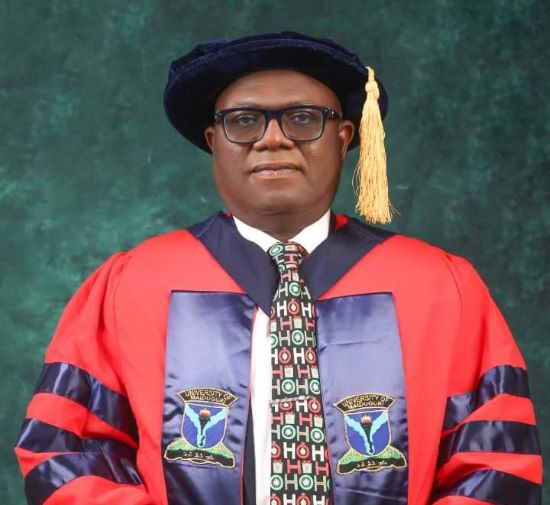Nigeria’s system of government has failed its people and must be urgently restructured if the nation is to survive, according to a Professor of Constitutional Law. Maxwell Michael Gidado SAN, said at the 53rd Inaugural Lecture held at the Nasarawa State University, Keffi on Wednesday, July 30.
Delivering the university’s 53rd Inaugural Lecture titled “Nigeria’s ‘Unitary-Federalism’ and the Restructuring Debate: Perspectives from the Jurisprudence of Constitutionalism,” Prof. Gidado described the country as a “failing state” and warned that its current pseudo-federal structure is fundamentally broken.
“Our federation is not working well, and has not worked well for over six decades. Indeed, it is safe to say that it is broken and therefore needs fixing,” Gidado declared.
The legal luminary and former member of the National Council on Privatization’s Oil and Gas Sector Reform Committee traced the roots of Nigeria’s challenges to the centralization of power that began with the military in 1966. This, he argued, gave rise to a bloated federal government and a skewed revenue-sharing formula that leaves states and local governments stunted.
Currently, 68 items are reserved for the federal government on the Exclusive Legislative List, while the states have access to just 30, a disparity Gidado described as undemocratic and unworkable.
“The Federal Government is too big, too rich and too strong relative to the federating units. There is too much centralization of resources and concentration of power at the federal level,” he said.
Citing his over four decades of academic and legal experience — including having mentored more than 1,000 legal practitioners now serving as judges, senators, professors, and attorneys-general — Prof. Gidado called for a people-driven constitutional restructuring process that recognizes Nigeria’s diversity and allows the constituent units to determine their own terms of federation.
He lamented that the current arrangement neither reflects true federalism nor accommodates the demands and interests of the Nigerian people. “Over 99% of its citizens — the true stakeholders — feel that the nation does not serve them. It serves probably less than 1%,” he stated.
Prof. Gidado proposed a restructured Nigeria built on balanced devolution of powers, fiscal autonomy for subnational units, and a leaner federal government. He emphasized that the solution does not lie in secessionist tendencies or militarized nationalism, but in honest constitutional dialogue, possibly through parliamentary channels or a national referendum.
Present at the lecture were dignitaries, including former Vice Chancellors from multiple universities; leading members of the legal community; and Gidado’s former students who now occupy top positions in the judiciary and government.
The professor also reflected on his contributions to legal education, having helped establish law faculties in four Nigerian universities and served as Dean at Nasarawa State University, Keffi.


